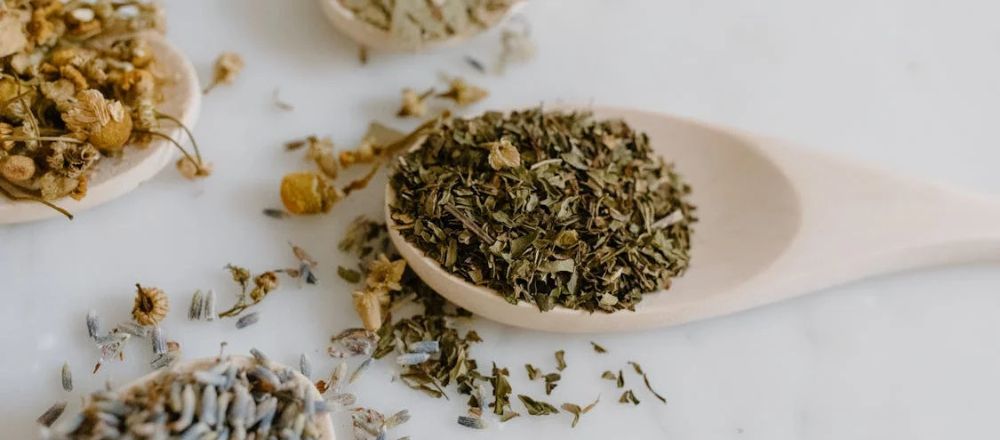Understanding Analgesic vs. Anti-Inflammatory Herbs
- Posted On: November 20, 2024
- Posted By: admin

Herbs will provide you a variety of therapeutic benefits in the field of natural medicine. The two most important benefits of these herbs are analgesic and anti-inflammatory. These phrases will allude to separate qualities that will have diverse functions in the treatment of inflammation and pain despite their frequent interchangeability. Knowing the distinction between analgesic and anti-inflammatory herbs will assist you in selecting the best herb for their particular requirements, whether those who needs to reduce inflammation or relieve pain.
What Are Analgesic Herbs?
Analgesic herbs are referred to as pain-relieving herbs which will target your pain directly. They will function by lessening or preventing your brain from receiving pain signals. Since the word analgesic means without pain in Greek but it emphasizes on how these medicines are primarily used to relieve discomfort. For treatment of headaches, muscular pains, menstrual cramps, and chronic pain disorders then these analgesic herbs will be very helpful for you. Typical plants used as analgesics include:
1. Willow Bark:
Willow bark is often regarded as a natural aspirin. It include salicin which is a substance that your body needs to transform it into painkiller salicylic acid.
2. Kava Kava:
Kava kava is a well-liked plant that will ease your tension-related discomfort. It has calming and muscle-relaxing properties.
3. Traditional Chinese medicine:
It has traditionally utilized corydalis which is a pain reliever. It will relieve your pain in menstruation and abdominal discomfort. The analgesic effects of these herbs will range from moderate to severe which makes it more suitable for a range of pain thresholds. Although it will help you to reduce pain but they will not deal with the underlying inflammation.
What Are Anti-Inflammatory Herbs?
Herbs that reduce inflammation will target inflammated parts, which is the body’s reaction to stress or illness. In acute circumstances, inflammation will be advantageous since it will aid in the healing mechanism of body and will prevent infection in your body. However, a number of illnesses, including autoimmune diseases, heart disease, and arthritis, are linked with chronic inflammation. But by lowering the body’s inflammatory response, anti-inflammatory medicines will lessen your discomfort brought on by irritation and swelling.
Well-known herbs that will reduce your inflammation includes:
1. Turmeric:
A common ingredient in Ayurvedic medicine is turmeric. It includes a substance called curcumin, which has strong anti-inflammatory properties.
2. Ginger:
This herb contains anti-inflammatory qualities and is frequently used to ease your headaches, tight muscles, and joint discomfort.
3. Franklincense (Boswellia):
Boswellia is an ancient Ayurvedic herb that is frequently used for reducing inflammation in chronic illnesses.
Anti-inflammatory herbs are crucial for the long-term treatment of inflammatory disorders because they will address the cause of inflammation.
Analgesic vs. Anti-Inflammatory
Analgesic and anti-inflammatory herbs will frequently comes down to the underlying reason for the pain. Herb analgesics will work best if your main issue is acute pain with little swelling or inflammation. In diseases like arthritis, anti-inflammatory herbs are better as they will treat the underlying cause instead of merely treating the symptoms.
A mix of both kinds of herbs is helpful for you, particularly if you have long-term ailments. For example, if you have arthritis then you can take willow bark to control flare-up pain and turmeric to minimize your inflammation. But before mixing any herbs, it is crucial to speak with your healthcare professional to prevent any side effects.
Conclusion
In natural pain, analgesic and anti-inflammatory herbs are essential. Herbs are classified as anti-inflammatory which will function at a deeper level by addressing the body’s inflammatory response. But analgesic herbs will mainly relieve you from pain.